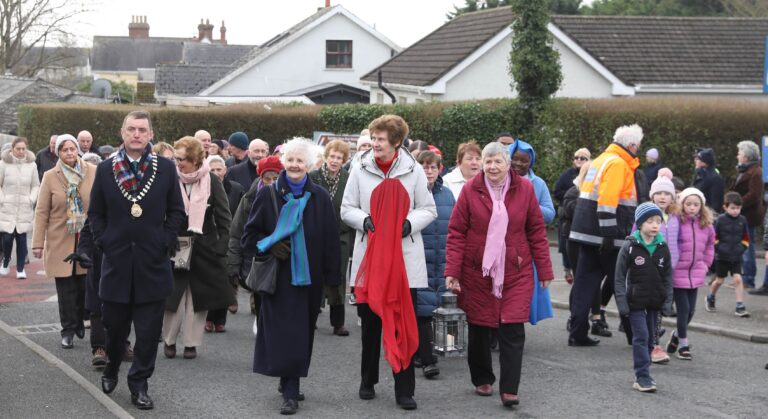An online survey commissioned by The Synodal Pathway saw 145 valid responses to hot-button questions posed concerning the future of the Church and its mission in Ireland – with the majority of responses indicating that an appetite for change is present amongst those who have been directly involved in the synodal process over three years.
Prior experience
The research conducted was intended as a needs analysis with lay and ordained local Church leaders, focussed on those with prior experience of the synodal process. In spite of the knowledge acquired as a consequence of active participation, many were still unclear of certain timelines and processes of both the universal synod and the Irish synodal pathway.
Most comments were overwhelmingly positive, but there were also some critical ones as well. There was almost widespread agreement that the synodal process was important, with over 87% of respondents agreeing that talking about the future of the Church was one of the strengths of the listening sessions.
The responses showed a desire for change in the Church. There was a noticeable desire to see co-responsibility in leadership between the priest and the laity in particular. There was evidence of a desire for greater exploration and development of Faith.
The desire to find meaningful ways to develop and express Faith emerged as the stronger driver for change. Many were also unsure how exactly synodality could be developed in a parish setting in tandem with the larger processes.
Consequently, many called for more clarity to be provided to further their understanding. When asked if people could explain synodality to others, 69% rated this as seven or above out of a possible mark of 10.
Many also expressed that the concept of synodality as a way of being has been somewhat confused by the synodal process, with some noting that there were deficits caused by the production of content and reports as many understood synodality to be driven by prayer and reflection rather than something statistical or regimented.
Respondents
A majority of respondents felt that the opportunities for synodality in the Church have not been widely explored because the approach has not been extensively experienced. Many of these sentiments originated from the perception that little has changed over the last number of decades in the Church and it is difficult for people to harmonise possibilities.
Most felt that diocesan and parish pastoral councils have become key opportunities of further expression of synodality and commended their ability to make decisions about other aspects of the Church’s life. Many lamented that clergy have not received enough support to fully grasp synodality and its impact on their ministry.
Respondents called for a more collaborative, consultative leadership; more reflective decision-making with wider input; a faith-based approach to decision making, a greater seeking to discern; encouraging a wide-range of voices and an increasing diversity of opinion and ensuring the mission of the Church engages more meaning fully with the local community.
Conclusion
It was concluded that insufficient support has been provided for priests specifically, in relation to developing an understanding of how synodality is asking something different from them, and how they might work through these changes, particularly in relation to the current workload.
It was agreed that without greater clarity about synodality, there will be a ‘verbal drag’ and ‘mental drag’ as training time is lost to wider discussion and participants will focus not just on skill development but are distracted by the uncertainty of what they are being asked to apply their skills to. Research points to designing a listening session (for people both engaged with and disengaged from the Church) as the area where respondents to the online survey felt the least confident to tackle these issues in the future.



